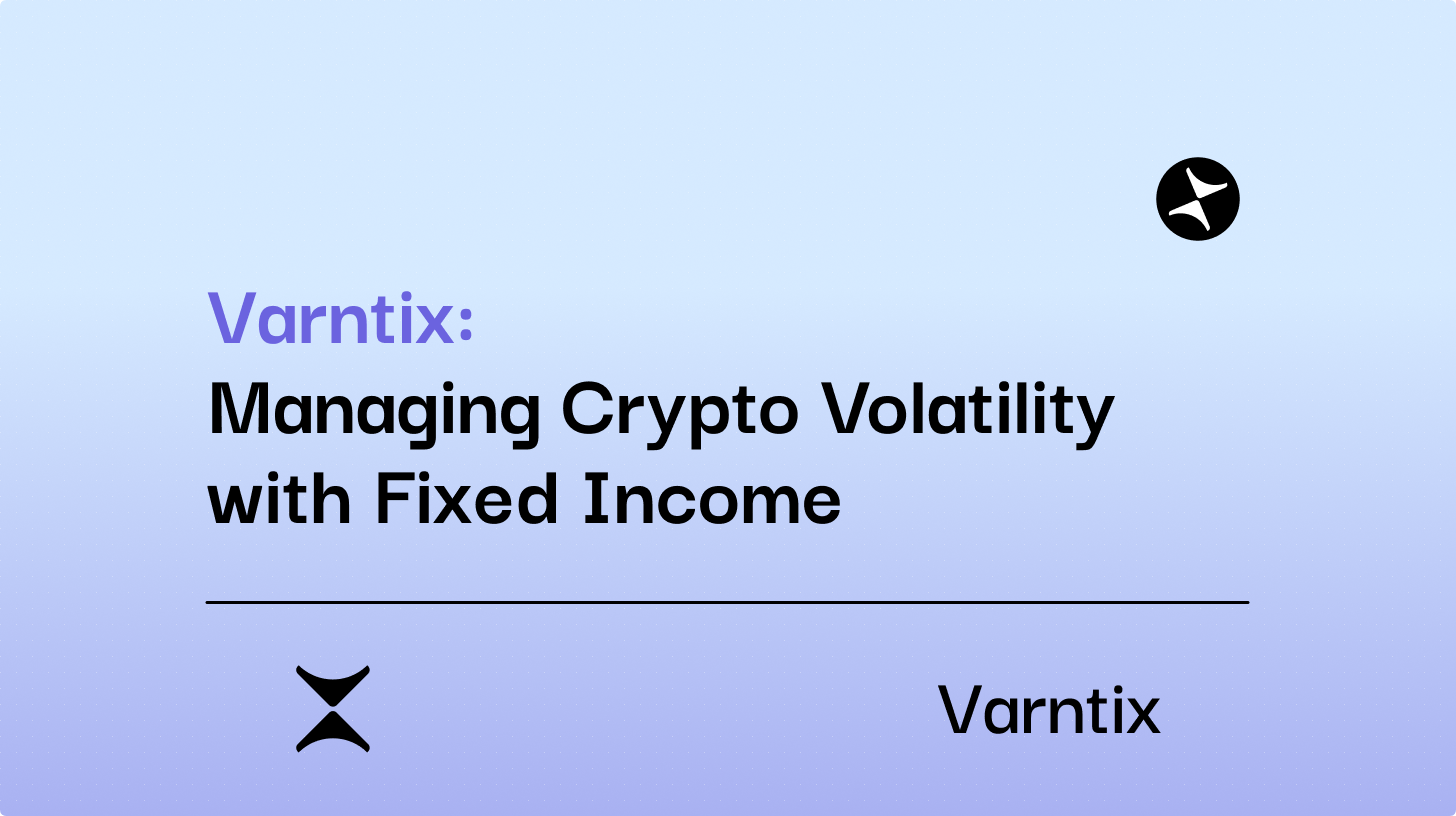Table of Contents
- Quick Overview – Understanding Digital Assets
- Defining Digital Assets
- Varieties of Digital Assets
- Cryptocurrencies
- Digital Tokens
- Digital Artwork and Collectibles
- Virtual Property
- Advantages of Digital Assets
- Universal Accessibility
- Clarity and Permanence
- Enhanced Liquidity
- Customizability
- Summing Up









